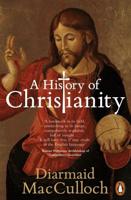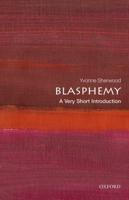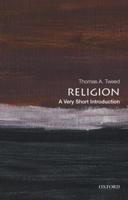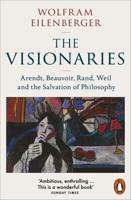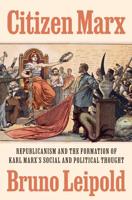Publisher's Synopsis
This edited book brings together leading scholars in the field of Indigenous religions working with Indigenous Peoples from the United States, Canada, Mexico, and Europe to examine various Indigenous discourses, practices, and politics of movement, as they intersect with issues of religion and spirituality.
Indigenous Peoples and their religious traditions have always been mobile and adaptive. Scholars of Indigenous religions have tended to focus their theories of Indigeneity and religion on Indigenous Peoples' cultural and historic connections to particular land-bases, not always attending to the full complexity of Indigenous Peoples' mobile lived realities. Attention to mobility within the study of Indigenous religions reveals the many ways Indigenous religions, in addition to being grounded on the land and situated in shared pasts, are expansive, relational, innovative, and future oriented. The contributions to this volume highlight the centrality of mobility to cultivating personhood, maintaining networks of affinity and belonging, fostering political alliances and solidarities, and generating religious meaning.
This book will be a key resource for scholars and students in the fields of religious studies, Indigenous studies, anthropology, and history, as well as to a broad general audience interested in larger questions around the politics of decolonization, Indigenous sovereignty, and self-determination. It was originally published as a special issue of Material Religion.


